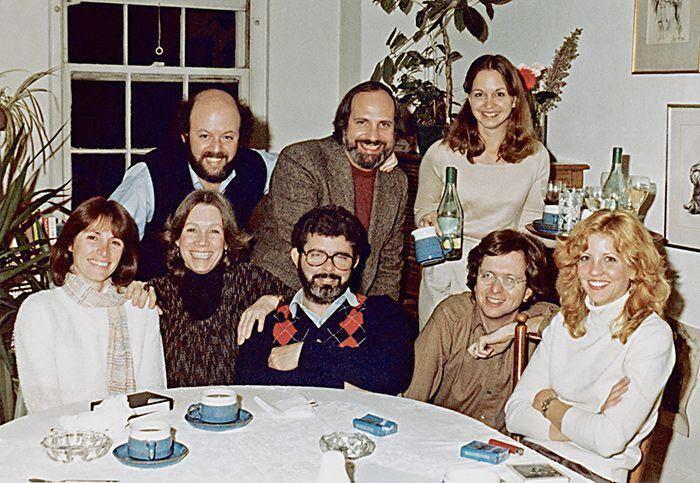ALEC TIBALDI WROTE 'SPIRAL FARM' ROLE SPECIFICALLY FOR HER
 Piper De Palma, daughter of Brian De Palma, makes her feature film debut in Spiral Farm, which had its world premiere at the Slamdance Film Festival this past weekend. The film was written and directed by Alec Tibaldi, who wrote the lead role of 17-year-old Anahita specifically for Piper. "I had worked with Piper on my first two short films," Tibaldi tells Scott Iwasaki at The Park Record, "which were first times for both of us. They were her first time acting and my first time directing." Regarding Spiral Farm, Tibaldi tells Iwasaki that Piper "was influential in creating this character. She and I had conversations about what she could bring to the role before the script was written. Because this is her first feature, it felt like she was taking a chance with me and I was taking a chance with her. I really had to trust my instincts, which told me she would be great. But there were moments when I would doubt myself."
Piper De Palma, daughter of Brian De Palma, makes her feature film debut in Spiral Farm, which had its world premiere at the Slamdance Film Festival this past weekend. The film was written and directed by Alec Tibaldi, who wrote the lead role of 17-year-old Anahita specifically for Piper. "I had worked with Piper on my first two short films," Tibaldi tells Scott Iwasaki at The Park Record, "which were first times for both of us. They were her first time acting and my first time directing." Regarding Spiral Farm, Tibaldi tells Iwasaki that Piper "was influential in creating this character. She and I had conversations about what she could bring to the role before the script was written. Because this is her first feature, it felt like she was taking a chance with me and I was taking a chance with her. I really had to trust my instincts, which told me she would be great. But there were moments when I would doubt myself."Reviewing Spiral Farm for Film Threat, Paul Parcellin writes, "Piper De Palma, daughter of director Brian De Palma, gives a lovely, wistful performance as the introverted Anahita, who struggles to break free from her roots and find her place in the world."
Slug Magazine's Makenna Sutter-Robinson includes many details about the film in her review:
The film Spiral Farm explores betrayal, passion and sensuality as it occurs in and around the life of 17-year-old Anahita, living on Spiral Farm Commune with her family. The film begins with a meditation involving the commune members, which appears to be no more than 10 people. Though they discuss their intentional, generous way of being, they also make an ambiguous statement about outsiders being unhappy with their way of life. It is clear that Anahita is not as invested in the practice as those around her, and this uninterested, reserved demeanor remains constant through the entire film.Later in the day, she finds her unstable mother with a man she used to date and his teenage son, Theo, who steps into the frame with obvious charm, drawing the attention of Anahita. Frustrated that her mother has invited them to a ceremony that night, Anahita goes on with her daily responsibilities, which include taking care of her sister’s child, Ocean. Later, when the family questions Anahita’s virginity and joke with her about the attractive stranger, the sexual nature by which the film is driven surfaces. After drinking a seductive herbal elixir, the introspective, self-betterment ceremony becomes something like a sexual revelry, and her best friend sleeps with Theo. The conflict of desire and denial within Anahita becomes apparent.
The family dynamics are complicated, revolving around Anahita’s sister as she travels between the commune and the city, and Anahita’s mother, who is uncomfortably sexual and uniquely detached from reality. A conflict between her mother and sister grows as her sister’s desire to get off Spiral Farm and move her son to the city actualizes—however, Anahita ends up following in her footsteps with dreams of moving to the city to pursue dancing. Neither her sister nor her mother believe that she is capable of leaving, and the internal debate that arises when she overhears this in a conversation, mixed with the navigation of her feelings for Theo, drives the rest of the film.
What begins as a perceived romance in the intentionally compassionate community becomes convoluted with her mother’s instability and the deterioration of her sister’s commitment to Spiral Farm. When Theo finds out that Anahita dances, he takes her into the city for an audition. They decide to spend the night in a motel, but what initially begins as a pursuit is returned with a cold, unassuming distance. This sort of climax without any real resolution repeats, taking varying forms, throughout the film.
Director Alec Tibaldi parallels the intimacy of the story with the way it is captured. Focusing each shot with undeniable intention and stretching time with a great deal of silence, the film is experienced as both a work of art and a candid view of Anahita’s life as she grows and hurts. Working with specially curated music, Tibaldi builds a soundscape perfectly matched with the eerie moments and the dreamy.
At times, the evolution of relationships felt unnatural, however, this was also fitting to the vibe of the film in its resting place of a commune. Tibaldi captures an odd simplicity in bad faith, and works to uncover the paradoxical elements of an attempted utopia. Spiral Farm has the ability to haunt you with its relevance and leave you in amazement with its nuanced imagery and simple, unexpected beauty.




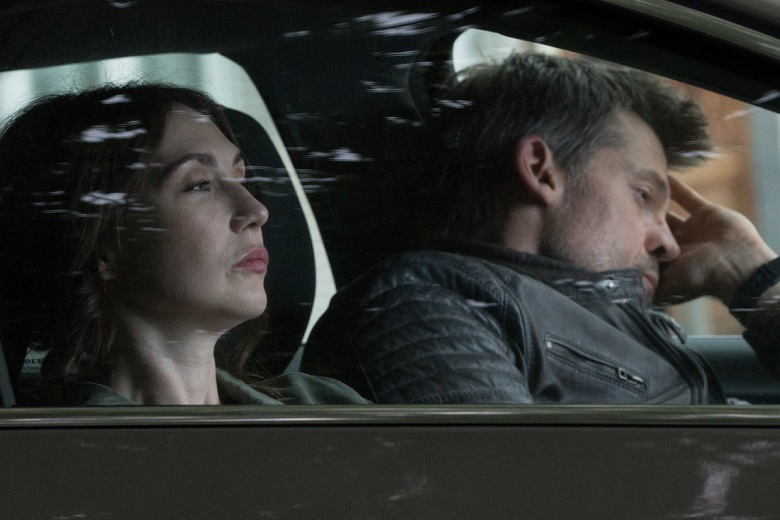
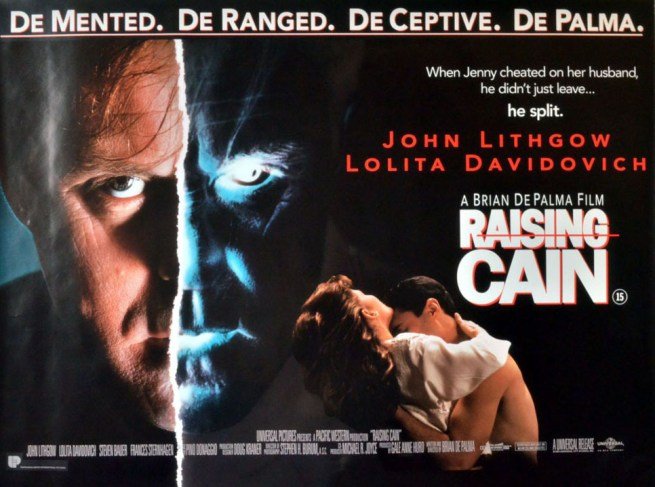
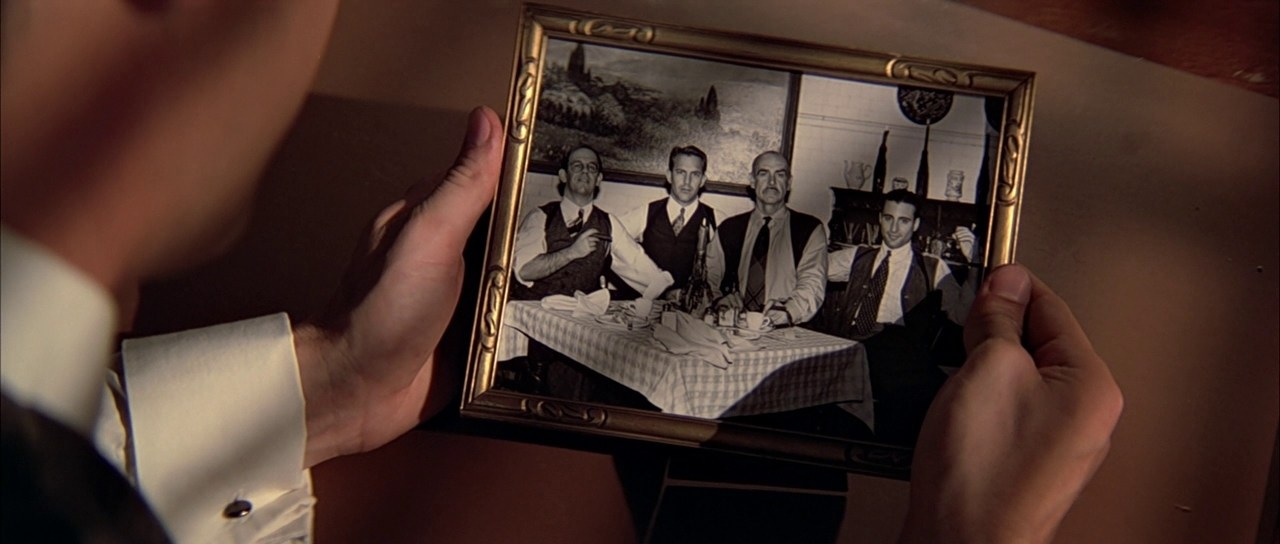
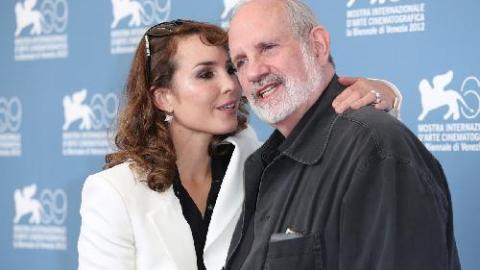 With a new movie (Vicky Jewson's Close) world premiering on Netflix yesterday,
With a new movie (Vicky Jewson's Close) world premiering on Netflix yesterday, 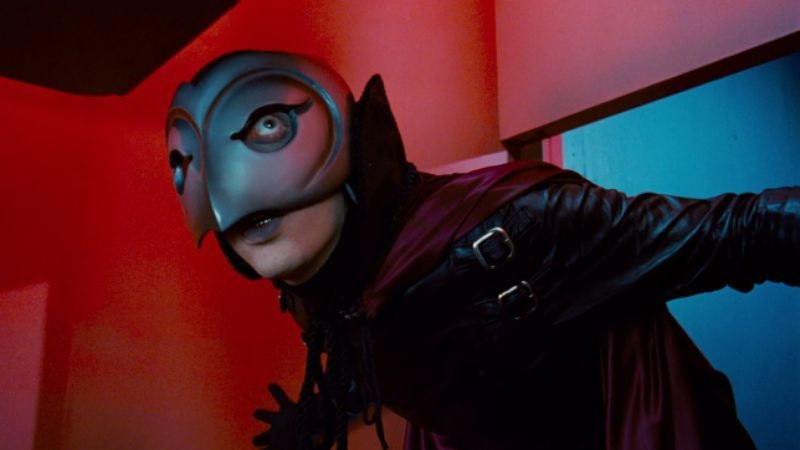
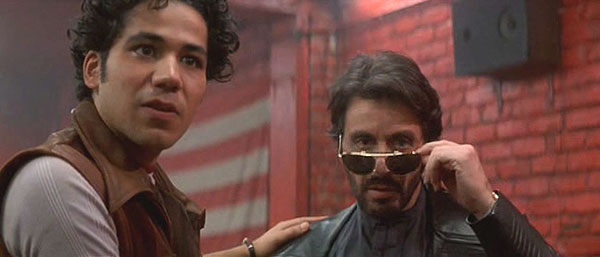
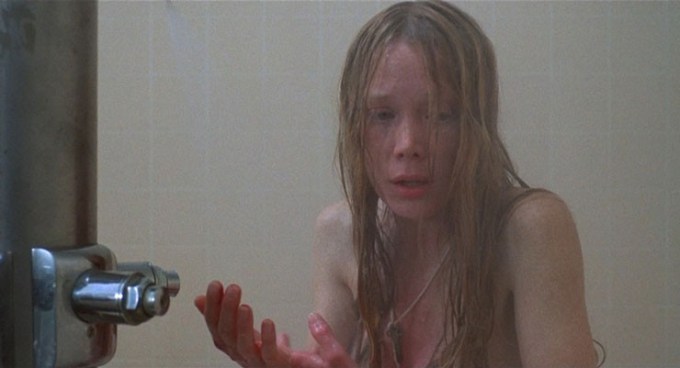 Saoirse Ronan discusses her new film, Mary Queen of Scots, in a profile piece written by
Saoirse Ronan discusses her new film, Mary Queen of Scots, in a profile piece written by 
